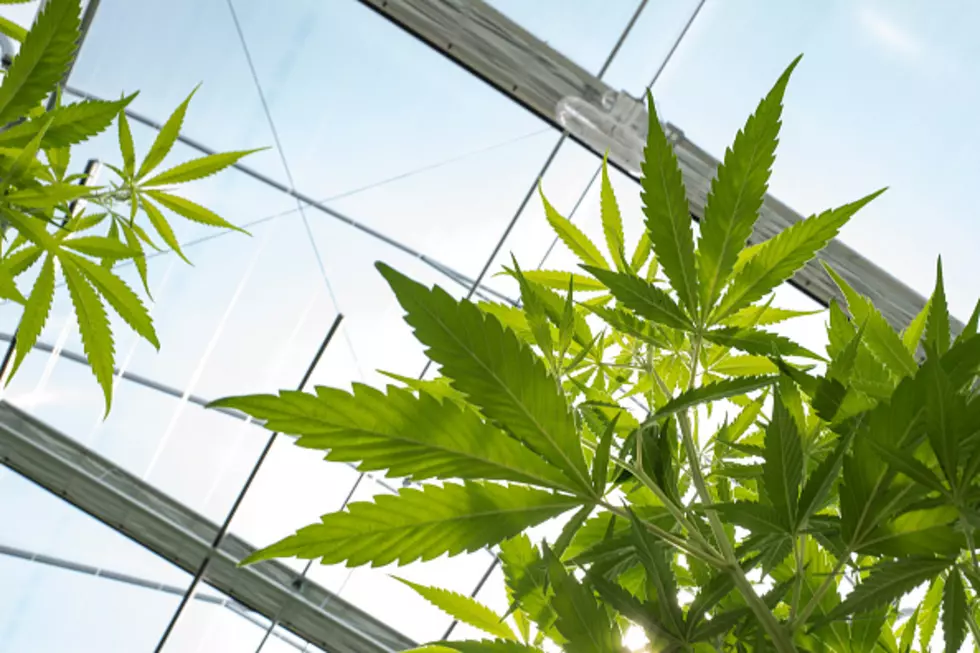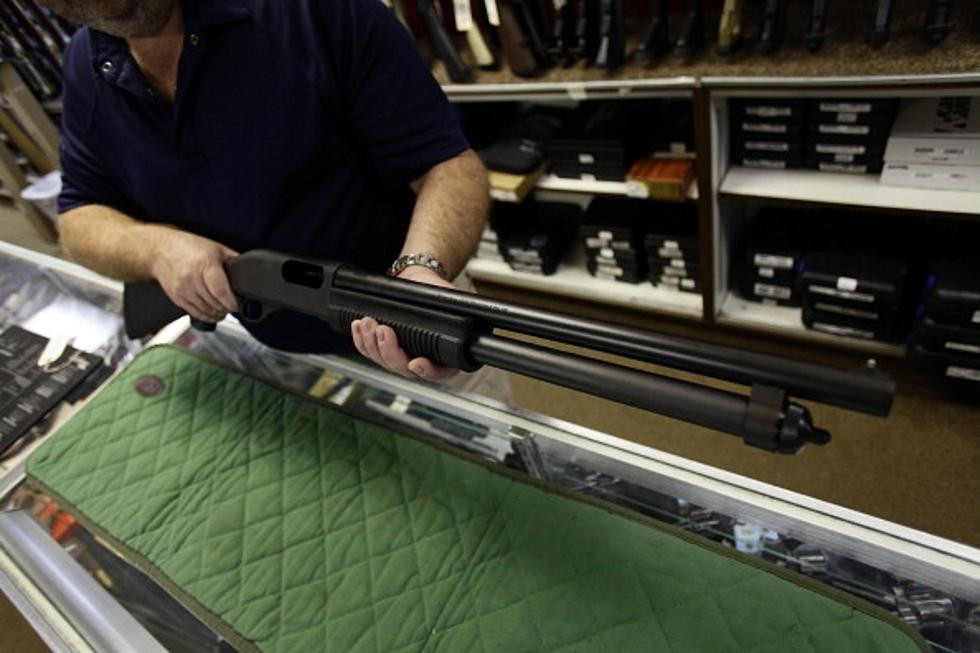
NY Lawmakers Saturday Agree To Legalize Recreational Marijuana
Lawmakers reached an agreement in principle to legalize recreational marijuana sales in New York according to a story aired on WIVB-TV.
The final bill that could potentially legalize marijuana was introduced in the state legislature this weekend.
Currently, there are at least 14 other states that allow residents to buy marijuana for recreational and not just medical use. New York’s past efforts to pass marijuana have failed in recent years. Democrats now wield a veto-proof majority in the state Legislature and have made passing legalization a priority this year. Gov. Andrew Cuomo’s administration has estimated legalization could eventually bring the state about $350 million in revenue annually.

“My goal in carrying this legislation has always been to end the racially disparate enforcement of marijuana prohibition that has taken such a toll on communities of color across our state, and to use the economic windfall of legalization to help heal and repair those same communities,” Sen. Liz Krueger, Senate sponsor of the bill and chair of the Senate’s finance committee, said.
The legislation would allow recreational marijuana sales to adults over 21 years of age and would set up a licensing process for the delivery of cannabis products to customers. The bill would allow individual New Yorkers could grow up to three mature and three immature plants for personal consumption, and local governments could opt out of retail sales.
The legislation if passed would take effect immediately, though sales wouldn’t start immediately as New York sets up rules and a proposed cannabis board. Assembly Majority Leader Crystal Peoples-Stokes estimated it could take from18 months to 2 years for actual sales to start.
New York would set a 9% sales tax on cannabis, plus an additional 4% tax split between the county and local government. It would also impose an additional tax based on the level of THC, the active ingredient in marijuana, ranging from 0.5 cents per milligram for flower to 3 cents per milligram for edibles.
New York would eliminate penalties for possession of fewer than three ounces of cannabis, and automatically expunge records of people with past convictions for marijuana-related offenses that would no longer be criminalized. That’s a step beyond a 2019 law that expunged many past convictions for marijuana possession and reduced the penalty for possessing small amounts.
New York would provide loans, grants, and programs to encourage participation in the cannabis industry by people from minority communities, as well as small farmers, women, and disabled veterans.
Proponents say the move could create thousands of jobs and begin to address the racial injustice of a decades-long drug war that disproportionately targeted minority and poor communities.
“Police, prosecutors, child services and ICE have used criminalization as a weapon against them, and the impact this bill will have on the lives of our oversurveiled clients cannot be overstated,” Alice Fontier, managing director of Neighborhood Defender Service of Harlem, said in a statement Saturday.
New York officials have proposed launching an education and prevention campaign aimed at reducing the risk of cannabis among school-aged children, and schools could get grants for anti-vaping and drug prevention and awareness programs.
The state would, according to officials also launch a study due by Dec. 31, 2022, that examines the extent that cannabis impairs driving, and whether it depends on factors like time and metabolism.
“One of the things that no country in the world has and everybody wants is a way to quickly and easily figure out if someone’s high or impaired on cannabis,” University of Buffalo psychologist and professor of community health and health behavior R. Lorraine Collins said. “Research is being done to find systems that can do that. But I think those efforts will not come to fruition for awhile.”
The bill sets aside revenues to cover the costs of everything from regulating marijuana to substance abuse prevention.
Collins pointed to a 2020 report from the American Civil Liberties Union that found that Blacks are almost four times more likely to be arrested for marijuana possession compared to Whites, according to FBI statistics.
“Every New York should be concerned about how these laws will be implemented or how those ways of examining drivers will be implemented in different communities,” Collins said. “It’s not likely to be equal.”
LOOK: 50 photos of American life in 2020
ALSO SEE: 30 Most Decade-Defining Memes
More From WIBX 950







